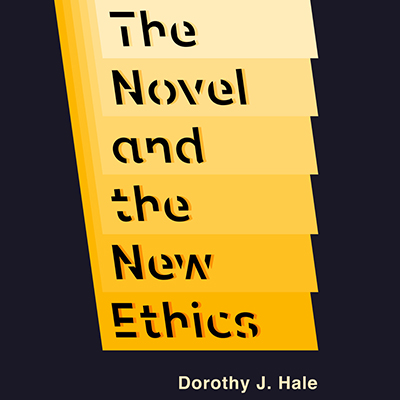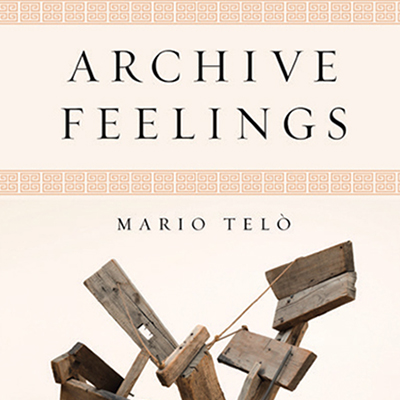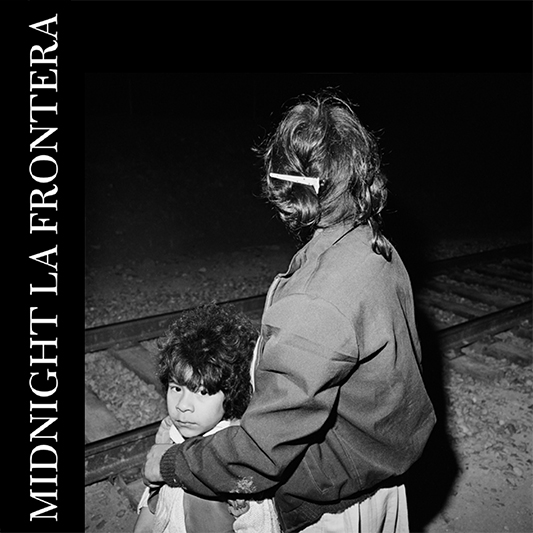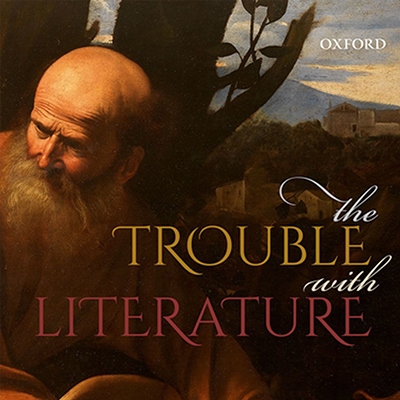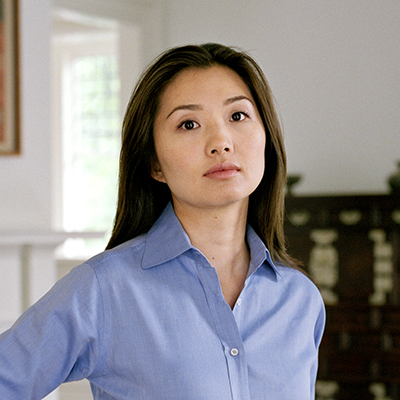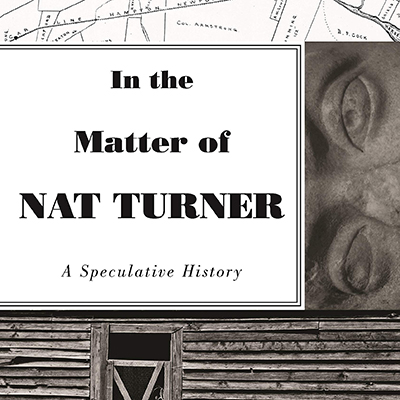A generation of contemporary Anglo-American novelists has championed the ethical value of literature. Dorothy Hale explores the modernist roots of this “new” emphasis on the novel’s ethical significance.
UC Press editors offer insight into the academic book publishing process, including how to choose the right publisher, prepare a book proposal, and revise your manuscript for publication.
Bringing an innovative synthesis of postmodern theories to bear on his reading of ancient Greek tragedy, Mario Telò offers a new way of understanding tragic aesthetics.
Changing the Narrative: What Stories Can We Tell Now?
Anthony Cascardi and Catherine Gallagher ask how narrative gives sense to events, and whether narrative forms that have served in times of past crisis (the novel, the epic, history writing) might provide meaning in the pandemic era.
Memory and Memorials in a Contested Age
At a time when public monuments are the objects of political contestation, Stephen Best, Debarati Sanyal, and Andrew Shanken discuss the complexities of memory and memorialization.
Documentary photographer Ken Light and author José Ángel Navejas discuss their book, which features photographs of US border patrol agents on their nighttime shifts on the Mexican border in the 1980s.
Victoria Kahn argues that the literature of the English Reformation (written during the fraught years of the late 16th and 17th centuries) marks a turning point in Western thinking about literature and literariness.
Jeannie Suk Gersen
Jeannie Suk Gersen is a feminist legal scholar and contributing writer at the New Yorker. She is joined in conversation by political theorist Wendy Brown.
Joyce Carol Oates
Joyce Carol Oates, author of over 70 works of fiction, nonfiction, and poetry, talks with poet John Shoptaw.
Christopher Tomlins offers a new interpretation of Nat Turner and the slave rebellion that stunned the American South.
